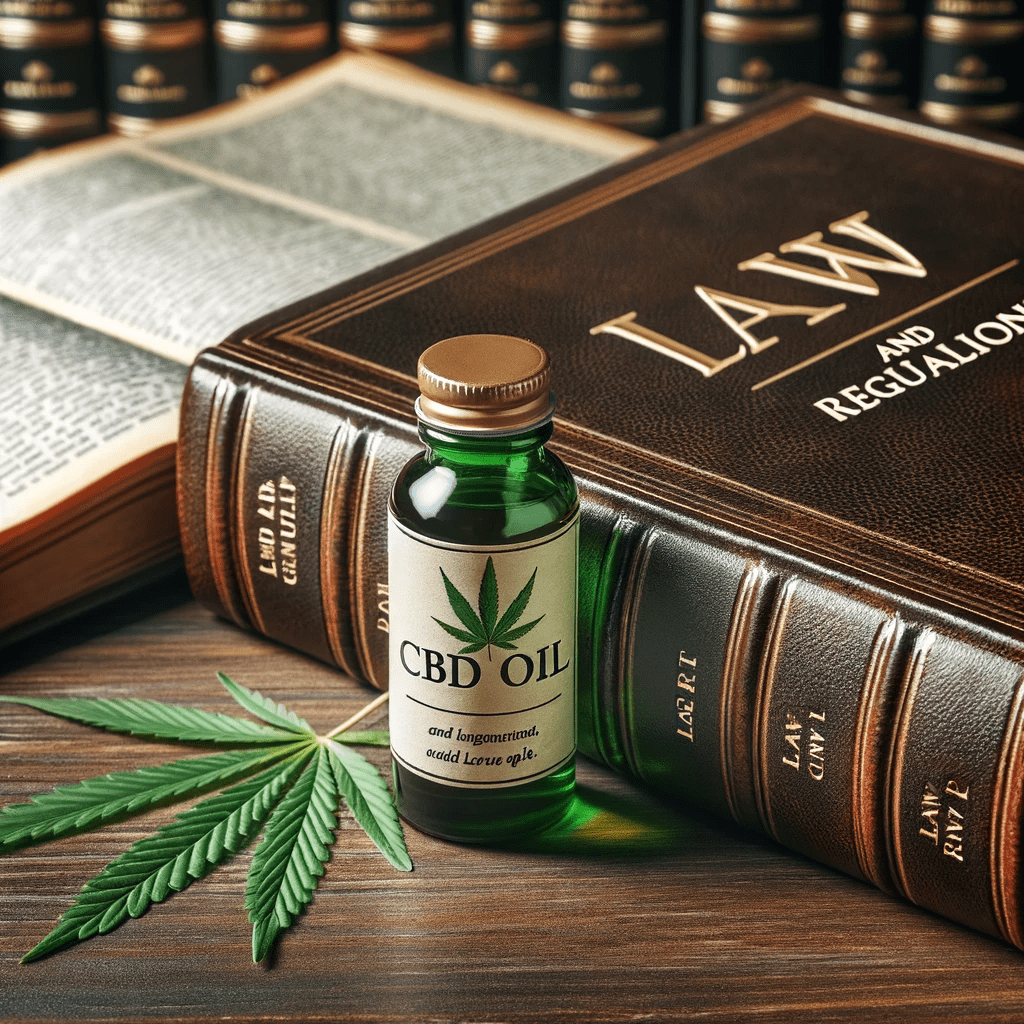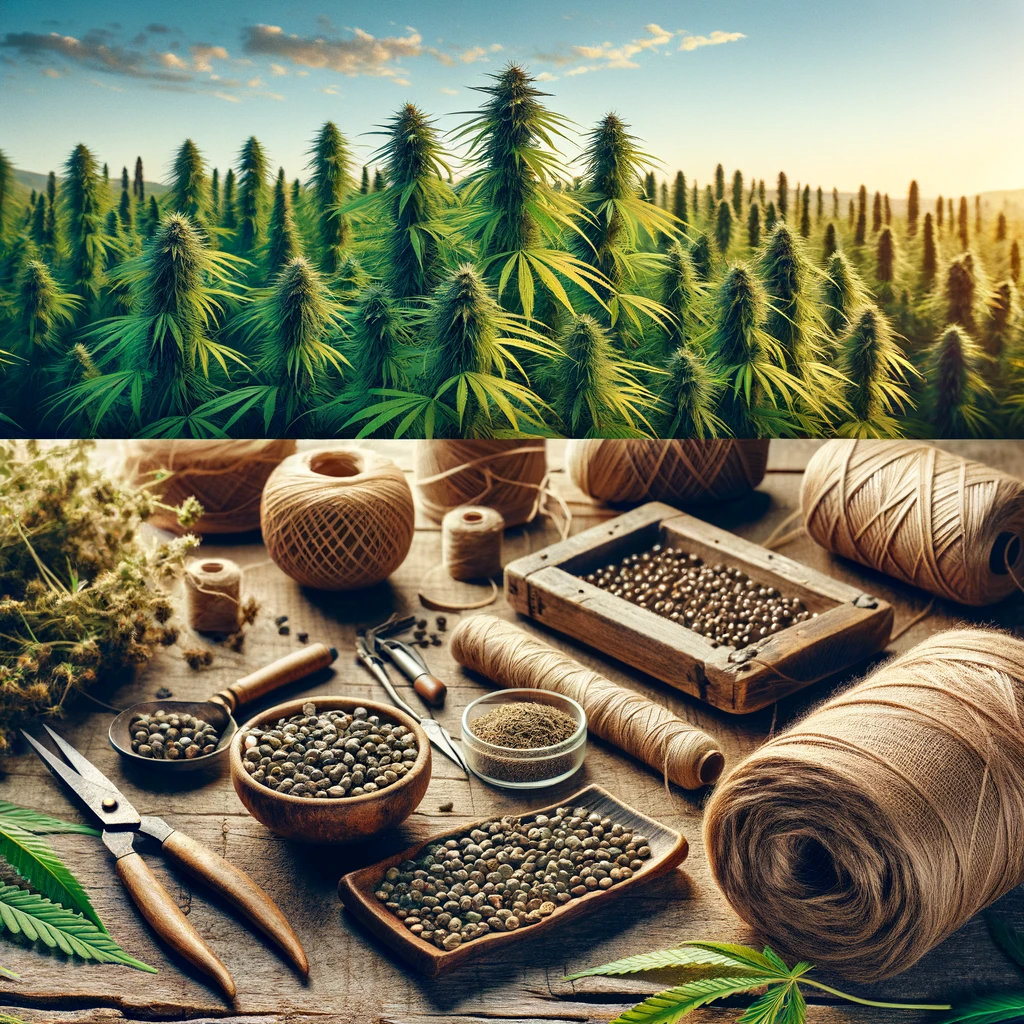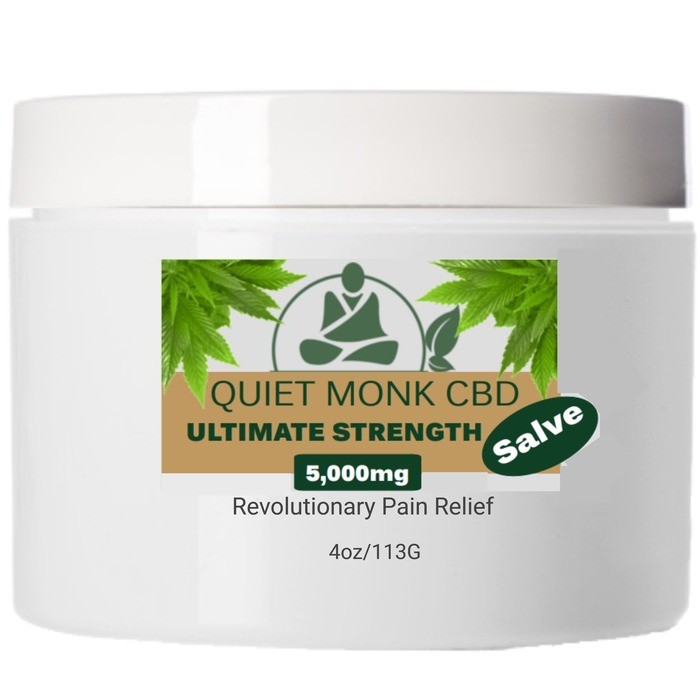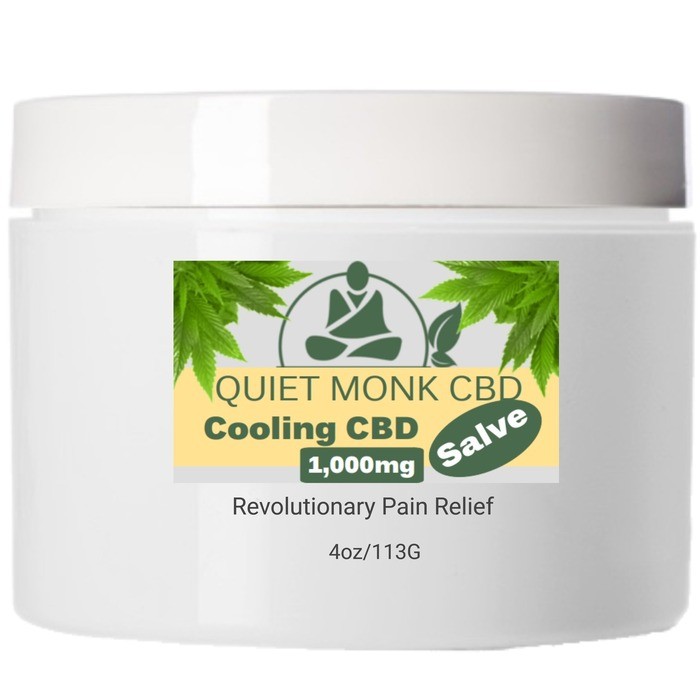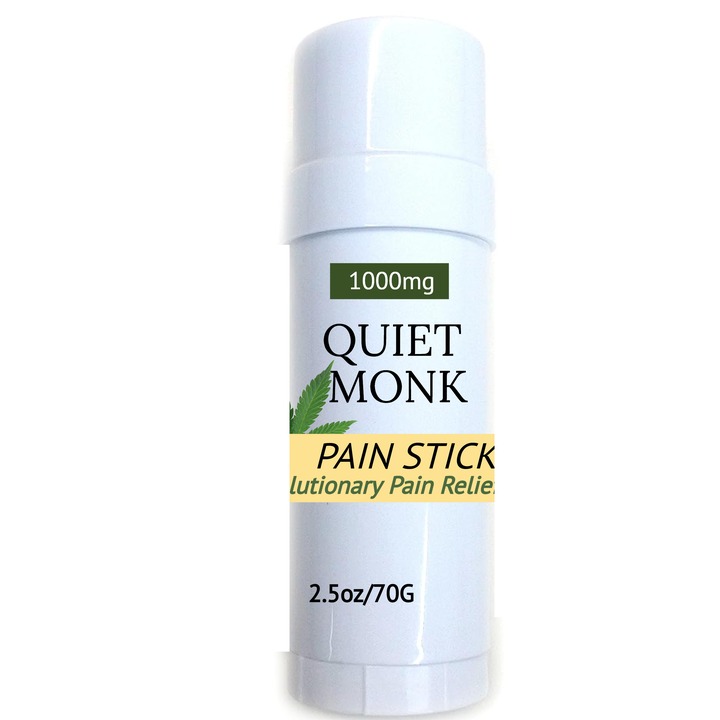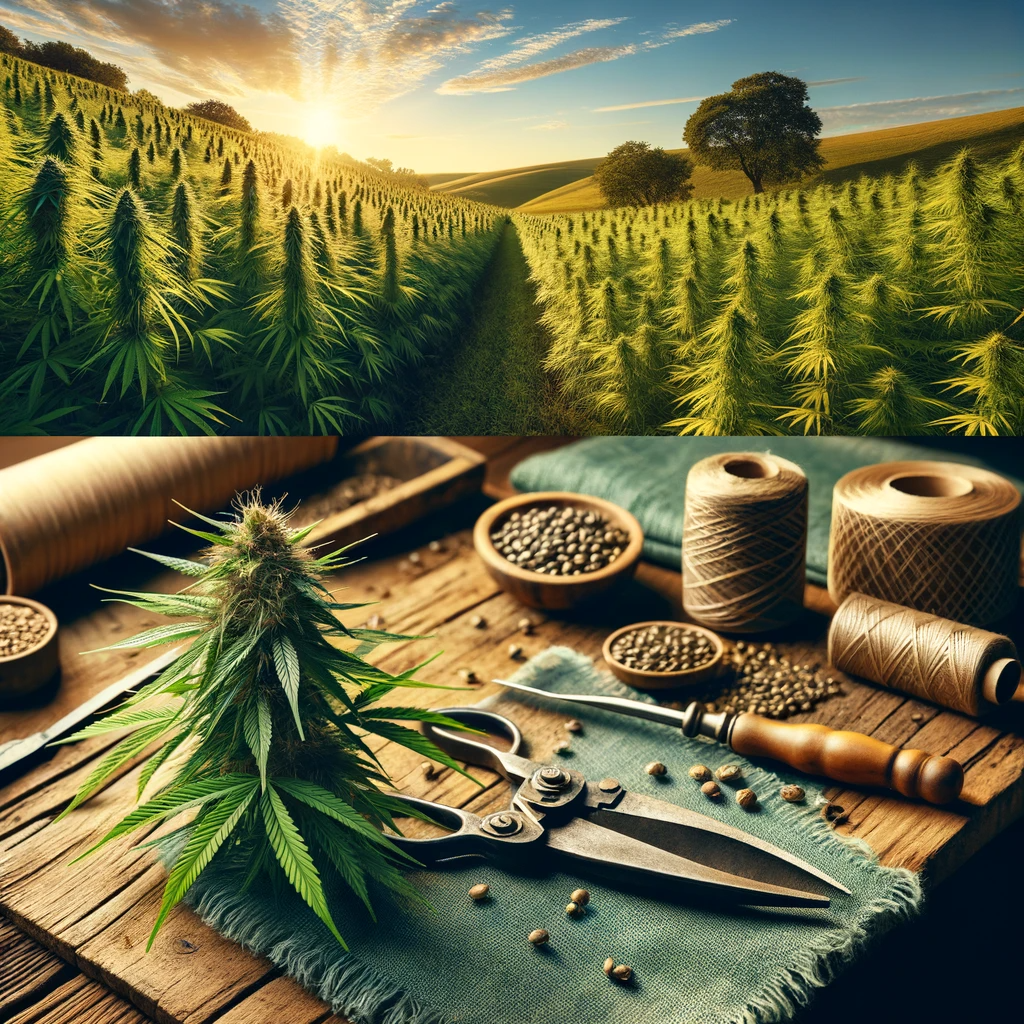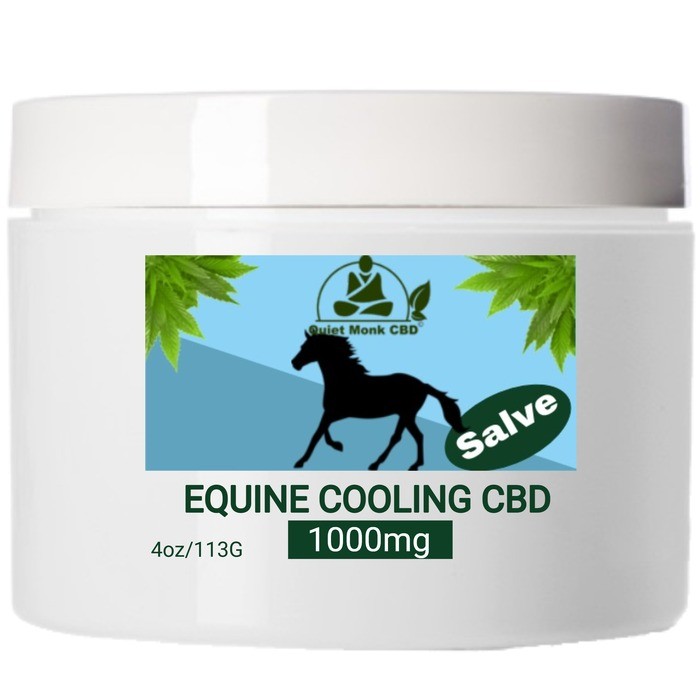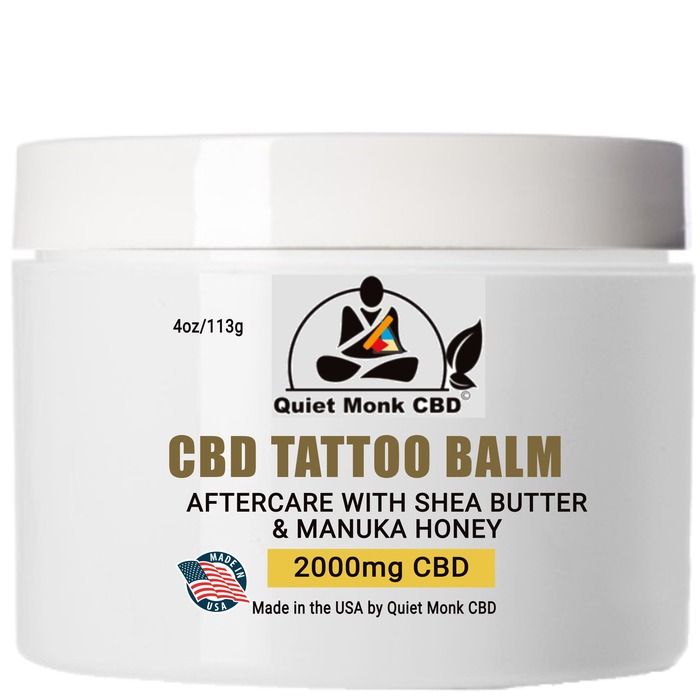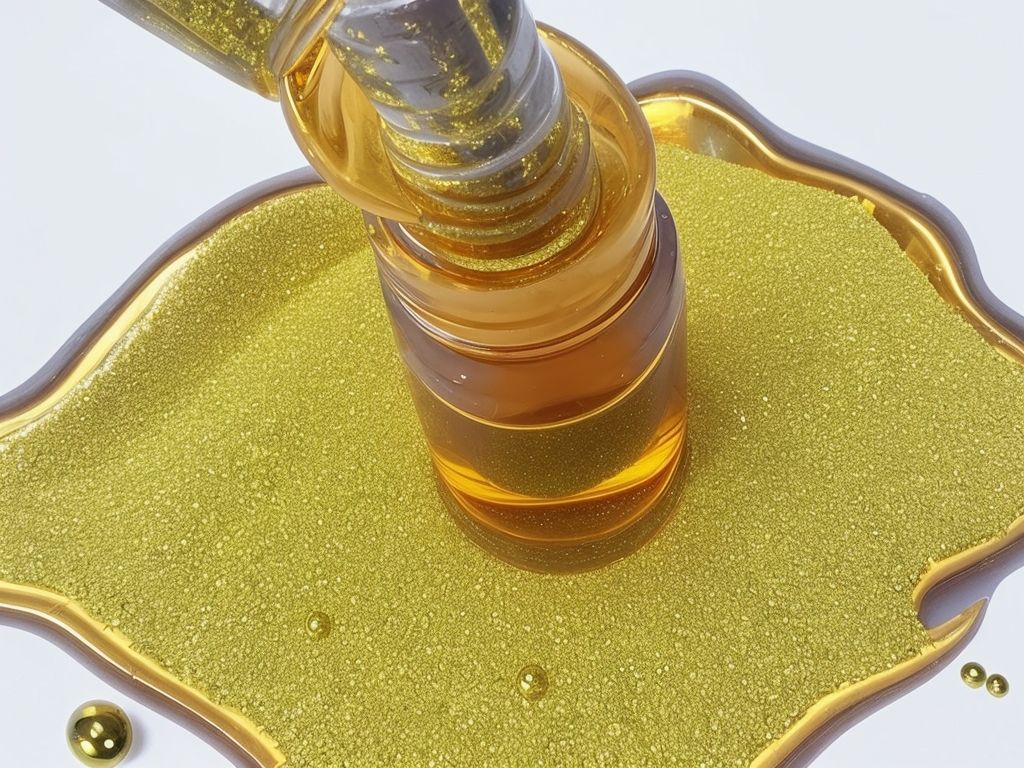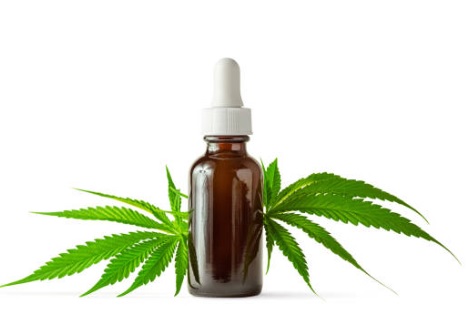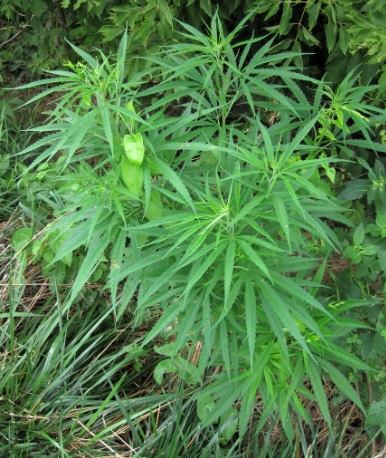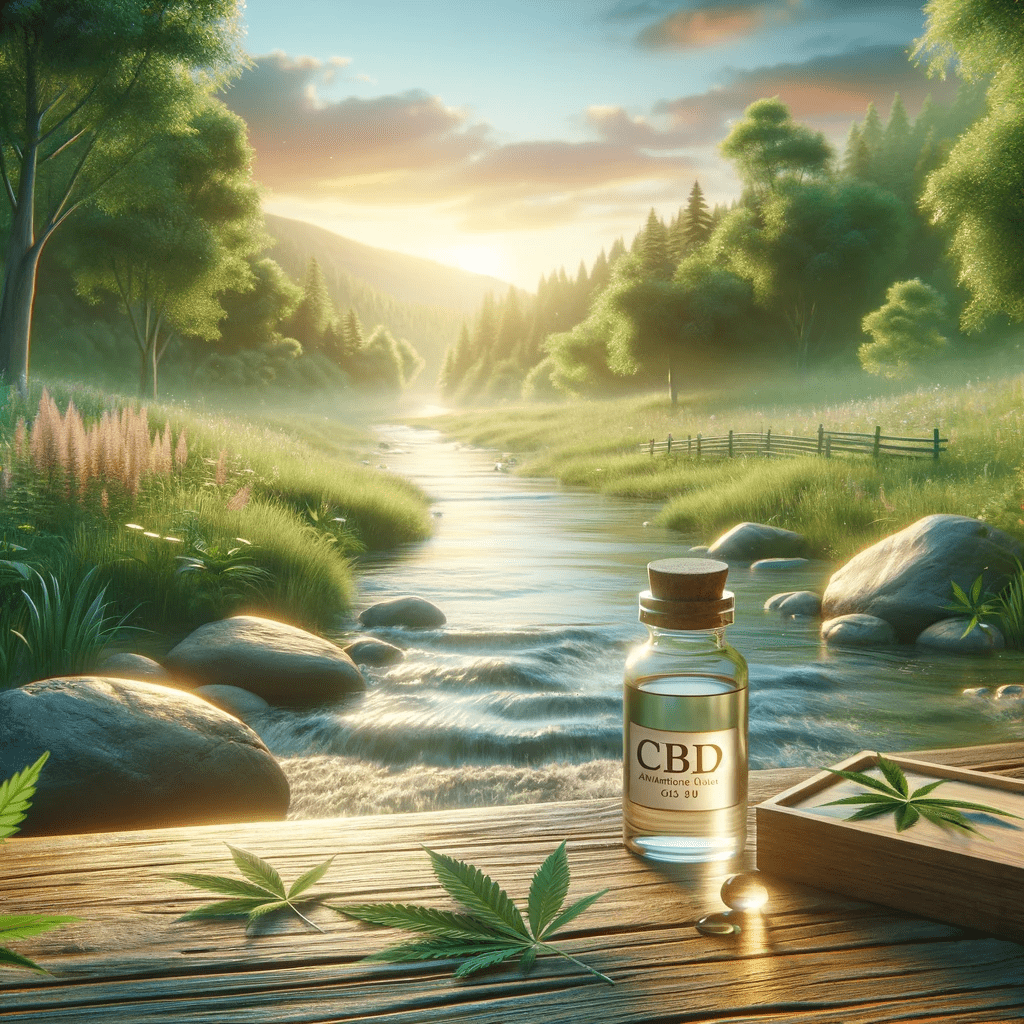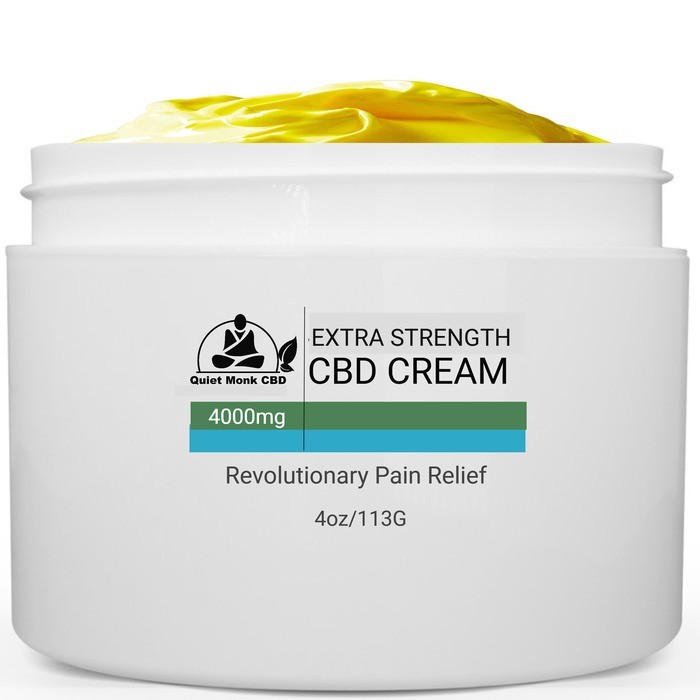Hemp salve, also known as hemp balm or hemp cream, is a topical product made from the extract of the hemp plant. It is quickly gaining popularity due to its potential health benefits and its natural ingredients. Unlike its counterpart, CBD oil, hemp salve is not ingested but applied directly to the skin.
One reputable source, the Journal of Clinical Investigation, published a study that suggests the potential of hemp extracts for treating chronic pain and inflammation. Additionally, a study conducted by the National Institute of Health found that hemp could have therapeutic properties for skin disorders due to its anti-inflammatory and antioxidant effects.
Here are 15 potential benefits of using hemp salve:
- Pain Relief: Hemp salve has been found to effectively reduce pain, making it a popular choice for those with chronic pain conditions.
- Anti-Inflammatory Properties: The anti-inflammatory effects of hemp salve make it useful for treating various skin conditions.
- Moisturizes and Soothes Skin: Hemp salve contains nourishing and hydrating properties that can help soothe and moisturize dry skin.
- May Help with Skin Conditions: Hemp salve has been found to be beneficial for those with eczema, psoriasis, and other skin conditions.
- Can Help with Anxiety and Stress: The use of hemp salve can potentially help reduce anxiety and stress levels.
- May Improve Sleep: Hemp salve has been found to have a calming effect, which can improve sleep quality.
- Can Be Used for Muscle Tension and Soreness: Applying hemp salve to tense or sore muscles may help provide relief and relaxation.
- May Help with Arthritis Pain: The anti-inflammatory properties of hemp salve make it a suitable option for those with arthritis pain.
- Can Be Used for Headaches and Migraines: Hemp salve may help alleviate tension and pain associated with headaches and migraines.
- May Help with Menstrual Cramps: Some women have found relief from menstrual cramps by using hemp salve topically.
- Can Be Used for Eczema and Psoriasis: Hemp salve’s anti-inflammatory properties make it a popular choice for those with eczema and psoriasis.
- May Help with Sunburns: The cooling and soothing effects of hemp salve may help alleviate pain and discomfort from sunburns.
- Can Be Used for Insect Bites and Stings: Applying hemp salve to insect bites and stings can help reduce itching and swelling.
- May Help with Minor Burns and Cuts: The anti-inflammatory and moisturizing properties of hemp salve can aid in the healing process of minor burns and cuts.
- Can Be Used for Dry and Chapped Lips: The nourishing properties of hemp salve make it an excellent option for chapped lips.
Hemp salve is easy to use and can be applied directly to the affected area. There are various types of hemp salve available, including full-spectrum, broad-spectrum, and isolate. Potential side effects of using hemp salve are minimal, and it is generally safe for most people. Compared to other topical pain relief products, hemp salve is considered more natural and may have fewer side effects. As long as it contains less than 0.3% THC, hemp salve is legal in the United States.
Overall, hemp balms and salves are an effective and natural option for pain relief and various skin conditions. Its potential health benefits and minimal side effects make it a popular choice for many. You can buy Salves right here from Quiet Monk!
Key Takeaways:
Hemp salve is a natural and effective way to relieve pain and inflammation. It can also moisturize and soothe skin, making it a great option for those with skin conditions. In addition, hemp salve may have benefits for anxiety, sleep, and menstrual cramps.
1. Pain Relief
Hemp salve is known for its highly effective ability to provide pain relief, thanks to its natural anti-inflammatory properties and interaction with the body’s endocannabinoid system. Follow these steps to use hemp salve for pain relief:
- Identify the area of pain or discomfort.
- Cleanse and dry the affected area thoroughly.
- Apply a small amount of hemp salve to the affected area.
- Gently massage the salve into the skin until it is fully absorbed.
- Repeat the application as needed for ongoing pain relief.
Throughout history, various cultures have recognized the pain-relieving properties of hemp. Ancient civilizations, such as the Egyptians and Chinese, used hemp-based remedies to alleviate pain and promote overall well-being. Today, the use of hemp salve continues to provide natural relief for individuals seeking alternative solutions to effectively manage their pain.
2. Anti-Inflammatory Properties
Hemp salve has been discovered to possess properties that can reduce inflammation, making it a valuable tool for treating various conditions. The cannabinoids found in hemp have been proven to interact with the body’s endocannabinoid system, resulting in a decrease in inflammation. This can bring relief to ailments such as arthritis, eczema, and muscle soreness. By directly applying hemp salve to the affected area, targeted relief can be achieved and pain and swelling can be reduced.
Along with its anti-inflammatory effects, hemp salve also provides moisture and nourishment to the skin, making it a versatile and advantageous product.
3. Moisturizes and Soothes Skin
Moisturizing and soothing the skin are two key benefits of using hemp salve. To effectively experience these benefits, follow these three simple steps:
- Before application, gently cleanse your skin.
- Take a small amount of hemp salve and massage it onto the desired area.
- For maximum moisturizing and soothing effects, allow the salve to absorb into the skin.
Sarah had been struggling with dry and irritated skin for years. Despite trying various moisturizers, she found no relief until she discovered hemp salve. After consistently using it for a few weeks, Sarah noticed a significant improvement in the moisture and overall health of her skin. Now, she swears by hemp salve for its incredible ability to moisturize and soothe the skin.
4. May Help with Skin Conditions
Hemp salve has been discovered to potentially offer benefits for various skin conditions.
- Acne: The anti-inflammatory properties of hemp salve may aid in reducing redness and inflammation commonly associated with acne.
- Eczema: The moisturizing effects of hemp salve can help soothe dry, itchy skin caused by eczema.
- Psoriasis: The presence of omega-3 and omega-6 fatty acids in hemp salve may assist in alleviating symptoms of psoriasis, such as scaling and itching.
- Minor irritations: Hemp salve may provide relief for minor skin irritations, including insect bites or rashes.
Incorporating hemp salve into a skincare routine may provide a natural and gentle alternative for managing these skin conditions.
5. Can Help with Anxiety and Stress
Hemp salve has been found to be effective in reducing anxiety and stress. Here are four steps to consider when using hemp salve for these conditions:
- Start with a small amount and apply it to the affected areas, like the temples or wrists, where the scent can be inhaled for additional calming effects.
- Gently massage the salve into the skin to promote relaxation and relieve tension.
- Regularly use the salve, preferably before bedtime or during moments of high stress, to effectively manage anxiety and stress levels.
- Experiment with different scents and blends, such as lavender or chamomile-infused hemp salves, to find the one that works best for you.
Remember, hemp salve is not a substitute for professional medical advice. If anxiety and stress persist, it is essential to seek guidance from a healthcare professional.
6. May Improve Sleep
Hemp salve has been found to have potential benefits in improving sleep quality. Here are some steps to consider when using hemp salve to enhance your sleep:
- Apply the hemp salve to your temples, wrists, or the soles of your feet before bedtime.
- Gently massage the salve into your skin using circular motions.
- Create a calming bedtime routine, such as reading a book or taking a warm bath, to enhance the effects of the salve.
- Ensure a comfortable sleeping environment with a cool temperature and minimal noise or distractions.
- Avoid stimulating activities, caffeine, and electronics close to bedtime.
- Consistently use the hemp salve for a few weeks to allow your body to adapt and potentially experience improved sleep.
Throughout history, various cultures have used natural remedies to promote better sleep. For example, ancient Egyptians utilized herbs like chamomile and lavender to induce relaxation and restful sleep. Today, this practice continues with hemp salve being a modern option for those seeking natural sleep aids.
7. Can Be Used for Muscle Tension and Soreness
Hemp salve is a versatile product that can be used to relieve muscle tension and soreness. Here are some steps to effectively use hemp salve for muscle relief:
- Identify the affected area and gently clean it.
- Take a small amount of hemp salve and warm it up in your hands.
- Apply the salve to the affected area and massage it in using circular motions.
- Allow the salve to fully absorb into the skin.
- For more severe muscle tension, you can apply a warm compress over the salve to enhance its effects.
- Repeat the application as needed, usually 2-3 times a day.
- Consult a healthcare professional if the muscle tension or soreness persists.
8. May Help with Arthritis Pain
Hemp salve has shown potential in relieving arthritis pain, providing relief to those experiencing discomfort in their joints. The anti-inflammatory properties of hemp have been known to reduce inflammation and swelling commonly associated with arthritis. Furthermore, hemp salve may aid in soothing pain and increasing mobility in affected joints. Although further research is necessary to fully comprehend the effectiveness of hemp salve for arthritis pain, numerous individuals have reported positive outcomes. With the potential benefits in mind, individuals with arthritis may want to consider incorporating hemp salve into their pain management regimen.
9. Can Be Used for Headaches and Migraines
Using hemp salve can be a helpful remedy for headaches and migraines. Here are some steps to follow:
- Apply a small amount of hemp salve to your temples.
- Gently massage the salve into your temples using circular motions.
- Take deep breaths and try to relax your muscles.
- For added relief, apply a cool compress to your forehead while the salve is being absorbed.
- Rest in a quiet, dark room to further alleviate symptoms.
- Repeat as needed for relief.
In addition to using hemp salve, there are other suggestions for managing headaches and migraines, such as staying hydrated, managing stress levels, practicing relaxation techniques, and getting enough sleep. It is always important to consult with a healthcare professional for personalized advice.
10. May Help with Menstrual Cramps
Using hemp salve may potentially provide relief from menstrual cramps. Here are 10 steps to consider when using hemp salve for this purpose:
- Choose a high-quality hemp salve made with natural ingredients.
- Apply a small amount of the salve to the lower abdominal area where cramps may occur.
- Gently massage the salve into the skin using circular motions.
- Allow the salve to absorb into the skin for a few minutes.
- Reapply the salve as needed throughout the day to maintain relief.
- Listen to your body and adjust the amount and frequency of application based on individual needs.
- Consider using a heating pad or hot water bottle in conjunction with the hemp salve for added comfort.
- Practice self-care techniques such as rest, relaxation, and gentle exercise to support overall well-being during the menstrual cycle.
- Stay hydrated and maintain a healthy diet to promote overall menstrual health.
- Consult with a healthcare professional if there are any concerns or if symptoms persist or worsen.
11. Can Be Used for Eczema and Psoriasis
Hemp salve is a beneficial option for individuals suffering from eczema and psoriasis, thanks to its soothing and moisturizing properties.
- Reduces inflammation: Hemp salve can help alleviate redness and inflammation associated with these skin conditions.
- Relieves itching: The moisturizing effects of hemp salve can soothe itchy and irritated skin, providing much-needed relief.
- Hydrates and nourishes: With its rich emollient properties, hemp salve can deeply moisturize and nourish dry and flaky skin, providing necessary hydration.
- Enhances skin barrier: Regular use of hemp salve can strengthen the skin’s protective barrier, preventing further irritation and flare-ups.
- Promotes healing: The natural compounds in hemp salve can aid in the healing process of damaged skin, promoting faster recovery and improving the overall condition of the skin.
12. May Help with Sunburns
Using hemp salve may provide relief and aid in healing sunburns. Here are the steps to follow when using hemp salve for sunburn relief:
- Gently cleanse the sunburned area with cool water and a mild soap.
- Pat the area dry with a soft towel.
- Apply a generous amount of hemp salve to the sunburned skin.
- Gently massage the salve into the skin using circular motions.
- Allow the salve to fully absorb into the skin.
- Repeat this process 2-3 times a day or as needed for relief.
Remember to stay hydrated, avoid further sun exposure, and seek medical attention if needed. For additional relief, consider keeping the hemp salve refrigerated before use.
13. Can Be Used for Insect Bites and Stings
Hemp salve is a versatile product that can be used to provide relief for insect bites and stings. Its anti-inflammatory properties can help reduce itching, redness, and swelling caused by bug bites. By applying hemp salve to the affected area, you can soothe discomfort and promote healing. Additionally, the moisturizing properties of hemp salve can prevent dryness and further irritation. So, the next time you experience a bug bite or sting, consider using hemp salve for quick and effective relief.
Fun Fact: Did you know that mosquitoes are responsible for more human deaths than any other animal on the planet?
14. May Help with Minor Burns and Cuts
Hemp salve has the potential to provide benefits for minor burns and cuts, aiding in the healing process. Here are steps to consider:
- Clean the affected area with mild soap and water.
- Gently pat dry the area using a clean towel.
- Apply a small amount of hemp salve directly to the burn or cut.
- Cover the area with a sterile bandage or dressing.
- Change the dressing and reapply the salve daily until the wound heals.
Remember, hemp salve should only be used for 14. May Help with Minor Burns and Cuts. If the injury is severe or not improving, seek medical advice. Have a safe and speedy recovery!
15. Can Be Used for Dry and Chapped Lips
Hemp salve is a versatile product that effectively moisturizes and heals dry and chapped lips. Its natural properties, such as its high vitamin E content and fatty acids, help nourish and soothe the skin. By regularly applying the salve, you can keep your lips hydrated and prevent them from cracking. Additionally, hemp salve acts as a protective barrier, shielding your lips from harsh environmental conditions. Say goodbye to dry and chapped lips with the help of hemp salve.
For centuries, hemp has been utilized in different cultures for various purposes, including skincare. The ancient Egyptians, for example, used hemp-based products to protect and nourish their skin. This historical use of hemp highlights its longstanding reputation for its beneficial properties in skincare.
How to Use Hemp Salve?
Using hemp salve is a simple and beneficial addition to your skincare routine. Here is a step-by-step guide on how to use hemp salve:
- Clean the area: Before applying the hemp salve, it is important to clean the affected area with mild soap and water.
- Dry the area: Gently pat the area dry with a clean towel or allow it to air dry completely.
- Apply the salve: Take a small amount of hemp salve and gently massage it onto the skin in a circular motion until it is fully absorbed.
- Repeat as needed: Use the hemp salve as often as necessary for relief or to maintain healthy skin.
Incorporating hemp salve into your skincare routine can provide nourishment and hydration for your skin. Remember to perform a patch test before using it on larger areas, and consult with a healthcare professional if you have any concerns. Enjoy the benefits of hemp salve for healthier skin!
What Are the Different Types of Hemp Salve?
There are various types of hemp salve available, each with its own unique properties and benefits:
- Regular hemp salve: Contains hemp extract combined with other natural ingredients for general skincare and moisturizing.
- Pain relief hemp salve: Formulated with additional pain-relieving ingredients like menthol or arnica to provide relief from muscle aches and joint pain.
- Anti-inflammatory hemp salve: Contains ingredients like turmeric or ginger to help reduce inflammation and soothe irritated skin.
- Specialized hemp salve: Some salves are specifically formulated to target specific skin conditions such as eczema, psoriasis, or acne.
What Are the Potential Side Effects of Hemp Salve?
Possible side effects of hemp salve are typically mild and uncommon. These may include skin irritation, redness, or itching in individuals with sensitive skin. However, these reactions are not common and usually resolve quickly. It’s important to keep in mind that hemp salve is generally safe for topical use and is well-tolerated by most individuals.
To reduce the chances of any adverse reactions, it’s recommended to perform a patch test before applying the salve to larger areas of the skin. If you experience any persistent or severe side effects, it’s best to discontinue use and consult a healthcare professional.
How Does Hemp Salve Compare to Other Topical Pain Relief Products?
When comparing hemp salve to other topical pain relief products, there are several factors to consider:
- Effectiveness: Assess how well hemp salve alleviates pain compared to other products.
- Ingredients: Examine the ingredients in both hemp salve and other products to determine any potential benefits or drawbacks.
- Safety: Evaluate the safety profile of hemp salve and other products, including any potential side effects or interactions.
- Application: Consider the ease of use and convenience of applying hemp salve compared to other products.
- Availability: Determine the accessibility and availability of both hemp salve and other pain relief products.
Is Hemp Salve Legal?
The legality of hemp salve depends on the THC content and local regulations. In the United States, products derived from hemp with less than 0.3% THC are legal under federal law. However, laws may differ from state to state. It is important to thoroughly research and understand the laws in your specific location before purchasing or using hemp salve. To ensure compliance, look for products that provide third-party lab test results and openly disclose their THC content. If you have any concerns or questions about the legality of hemp salve in your area, always consult with a legal professional. Stay informed and make informed decisions.
Hemp can be used on Horses for Pain
Hemp Salve Can Be Used on Tattoo Aftercare
